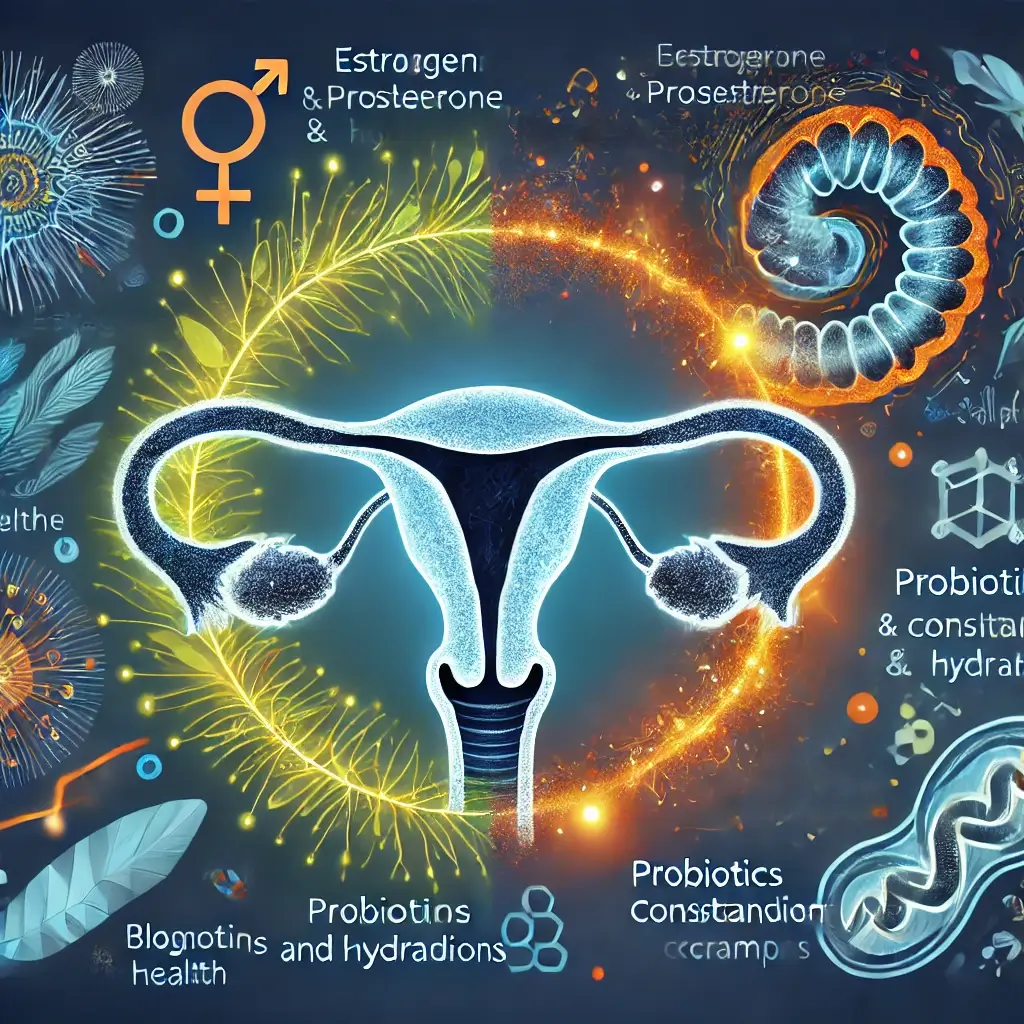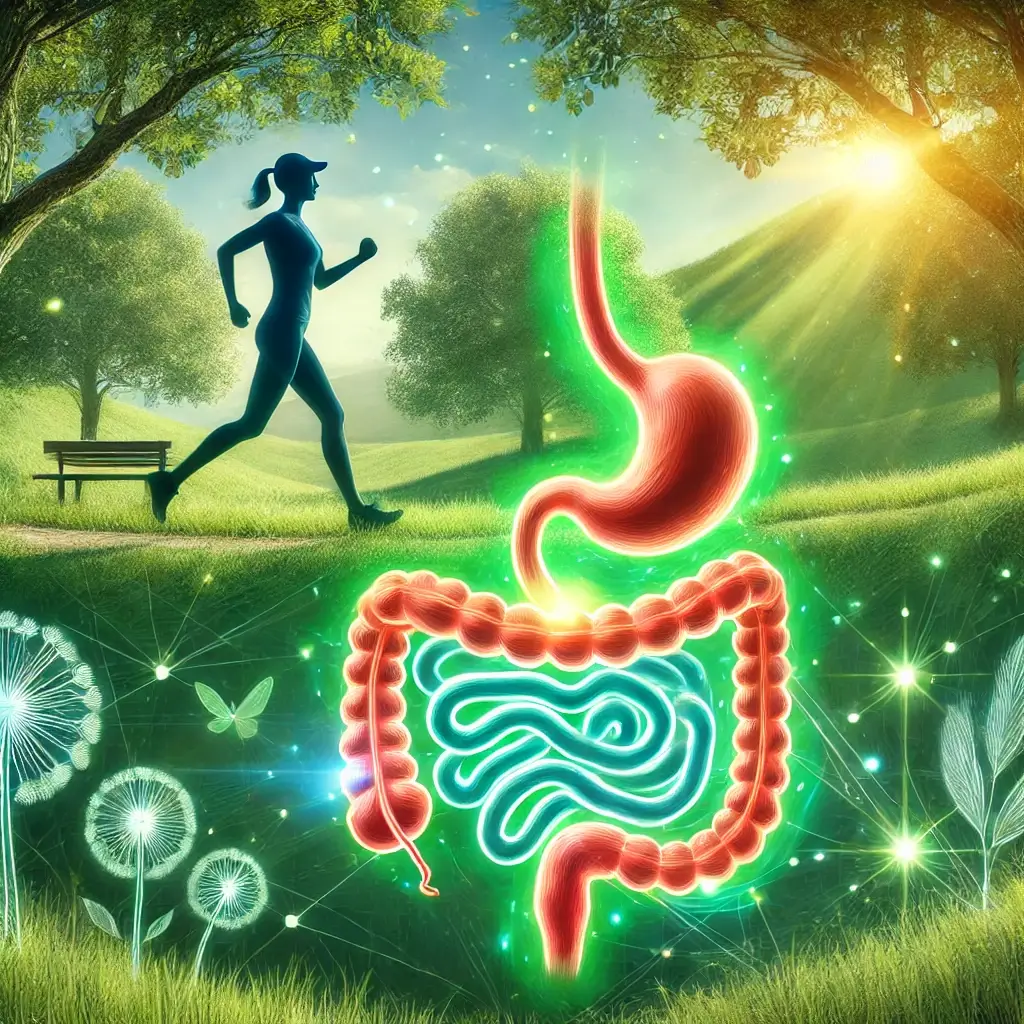Revolutionizing Aging: Essential Guide to Optimizing Your Gut Microbiome for a Longer Life
Introduction to the Gut Microbiome
The gut microbiome ecosystem of microorganisms is a vibrant ecosystem of trillions of microorganisms, and it plays a crucial role in maintaining overall health. Recent research has revealed its profound influence on aging, chronic disease prevention, and longevity. The gut microbiome helps regulate inflammation and immune system, strengthen the immune system, and improve metabolic efficiency—key factors in slowing the aging process. The diversity and balance of gut bacteria are central to maintaining vitality and reducing the risk of age-related conditions.
Life Expectancy and Quality of Life
As life expectancy increases, quality of life during those additional years has become a significant concern. Factors such as diet, stress, sleep, and physical activity have a direct impact on gut health, making them essential for healthy aging. The gut microbiome’s ability to adapt to environmental changes highlights its importance in promoting a longer, healthier life. This article explores practical, evidence-based strategies to optimize gut health for longevity, incorporating insights from recent scientific studies.
Strategies for Gut-Healthy Aging
The Connection Between Gut Health and Aging Emerging evidence highlights the critical role of gut microbiota in aging. A groundbreaking 2021 study in Nature Aging found that individuals with diverse gut bacteria experienced slower biological aging and better health outcomes (Xu et al., 2021). Researchers suggest that microbial diversity reduces systemic inflammation, a primary driver of age-related diseases such as arthritis, cardiovascular disease, and Alzheimer’s.
Supporting microbial diversity requires dietary and lifestyle changes that encourage beneficial bacteria. Simple interventions, such as consuming a plant-based diet and limiting processed foods, can significantly enhance gut health.
The Gut-Immune Connection
The gut and immune system are intricately linked, with gut bacteria playing a key role in immune regulation. Beneficial microbes produce short-chain fatty acids for gut barrier, which strengthen the gut barrier and reduce inflammation. A 2020 review in Trends in Immunology emphasized the importance of SCFAs in protecting against autoimmune conditions and infections common in older adults (Kim et al., 2020).
To increase SCFA production, focus on foods rich in soluble fiber, such as oats, flaxseeds, and legumes. Fermented foods like kimchi and yogurt also support immune resilience through live probiotics into the gut.
Dietary Diversity for Longevity
A diverse diet for fostering resilient microbiome is essential. A study published in Science Translational Medicine (2021) found that individuals consuming at least 30 different plant-based foods per week had higher microbial diversity and lower inflammation levels (Marino et al., 2021). This diversity supports the gut’s ability to adapt to age-related changes, providing a protective effect against chronic diseases.
Incorporate a variety of fruits, vegetables, nuts, seeds, whole grains, and legumes into your meals. For example, rotating seasonal produce and exploring international cuisines can ensure your diet remains diverse and nutrient-rich.
The Role of Postbiotics
Postbiotics, the byproducts of probiotic fermentation for healthy aging, are gaining attention for their potential in promoting healthy aging. These compounds have anti-inflammatory and antioxidant properties for gut health, making them a promising tool for enhancing gut health in older adults. A 2020 review in Frontiers in Microbiology suggests that postbiotics may offer therapeutic benefits for gut barrier integrity, including improving gut barrier integrity and reducing oxidative stress (Zolkiewicz et al., 2020).
Foods like miso, tempeh, and fermented cheeses for natural postbiotics are natural sources of postbiotics. Alternatively, postbiotic supplements are becoming increasingly available as part of integrative approaches to aging.
Lifestyle Factors: Sleep, Stress, and Exercise
Lifestyle choices significantly influence gut health. Quality sleep for microbial diversity is particularly important, as poor sleep reduces microbial diversity and promotes inflammation. A 2019 study in Cell Host & Microbe demonstrated that individuals with disrupted sleep patterns experienced dysbiosis, which can accelerate aging (Benedict et al., 2019).
Chronic stress disrupts the gut microbiome balance by increasing gut permeability and encouraging the growth of harmful bacteria. Stress management techniques for gut health like yoga, meditation, and mindfulness can help restore gut balance. Additionally, regular physical activity enhances microbial diversity and supports gut health. A 2020 meta-analysis published in Medicine & Science in Sports & Exercise found that exercise improves gut flora, particularly in older adults (Clarke et al., 2020).
Conclusion
The gut microbiome is a key determinant of healthy aging and longevity. By fostering microbial diversity and supporting beneficial bacteria, you can reduce inflammation and enhance immunity, and improve overall vitality. Strategies such as consuming a diverse, plant-based diet for optimal gut health, incorporating fermented foods, managing stress, and prioritizing sleep are effective ways to optimize gut health for a longer, healthier life.
Emerging research on postbiotics for enhancing gut health and other innovative interventions holds great promise for further enhancing gut health. By adopting these evidence-based practices for gut microbiome support, you can support your gut microbiome and pave the way for a vibrant and fulfilling journey through life.
References
Benedict, C., Vogel, H., Jonas, W., Woting, A., Blaut, M., Schürmann, A., & Cedernaes, J. (2019). Gut microbiota and sleep-wake regulation. Cell Host & Microbe, 25(5), 681-683.
Clarke, S. F., Murphy, E. F., O’Sullivan, O., Lucey, A. J., Humphreys, M., Hogan, A., … & Cotter, P. D. (2020). Exercise and associated dietary extremes impact on gut microbial diversity. Medicine & Science in Sports & Exercise, 52(1), 123-132.
Kim, C. H., Park, J., & Kim, M. (2020). Gut microbiota-derived short-chain fatty acids, T cells, and inflammation. Trends in Immunology, 41(7), 502-517.
Marino, E., Richards, J. L., McLeod, K. H., Stanley, D., & Yap, Y. A. (2021). Gut microbiota and dietary diversity in health and disease. Science Translational Medicine, 13(602), eaaz5661.
Xu, Z., Knight, R., & Jansson, J. K. (2021). Gut microbiota diversity and human longevity. Nature Aging, 1(1), 50-61.
Zolkiewicz, J., Marzec, A., Ruszczyński, M., & Feleszko, W. (2020). Postbiotics—A step beyond pre- and probiotics. Frontiers in Microbiology, 11, 1902.













